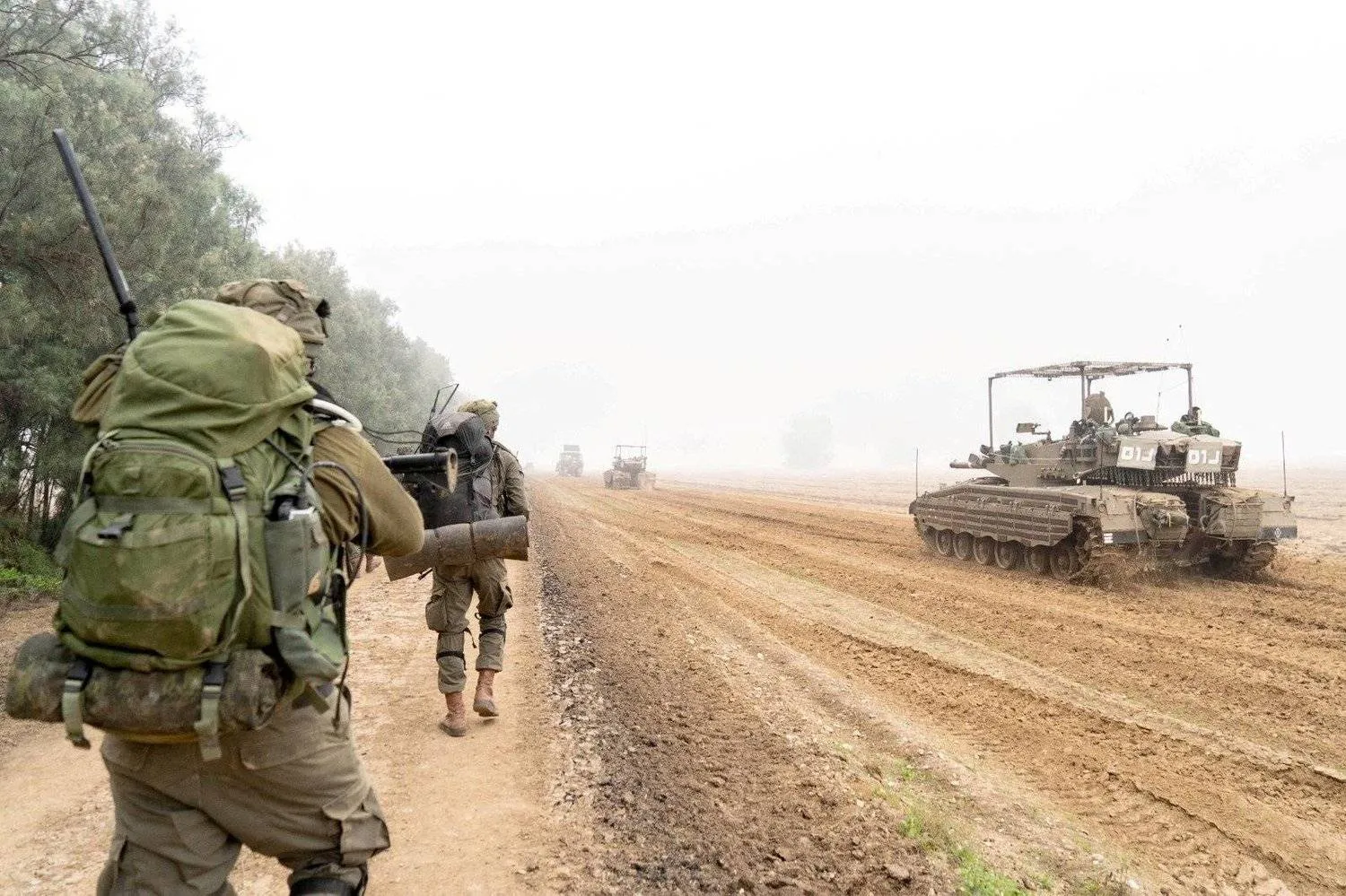Israel's military said Saturday that eight soldiers were killed in southern Gaza in the deadliest attack on Israeli forces in months.
Only one of the dead troops was identified by the army. No further information was immediately available, according to The AP.
The deaths will likely fuel calls for a cease-fire and heighten Israeli public anger over ultra-Orthodox exemptions from the military.
Israel’s bombardment and ground offensives in Gaza have killed more than 37,000 Palestinians, according to Palestinian health officials, who don't give the breakdown of civilians and fighters. The war has also driven about 80% of the population of 2.3 million from their homes, and Israeli restrictions and ongoing fighting have hindered efforts to bring in humanitarian aid, fueling widespread hunger.
Israel launched its campaign after Hamas and other militants stormed into Israel on Oct. 7.
Over 100 hostages were released during a weeklong cease-fire last year in exchange for Palestinians imprisoned by Israel. Hamas is believed to be holding around 80 hostages and the remains of another 40.
8 Israeli Soldiers Killed in Southern Gaza
https://english.aawsat.com/arab-world/5031211-8-israeli-soldiers-killed-southern-gaza



8 Israeli Soldiers Killed in Southern Gaza

Israeli soldiers operate in the Gaza Strip next to military vehicles amid the ongoing conflict between Israel and the Palestinian Islamist group Hamas, in this handout image released December 7, 2023. Israel Army /Handout via REUTERS

8 Israeli Soldiers Killed in Southern Gaza

Israeli soldiers operate in the Gaza Strip next to military vehicles amid the ongoing conflict between Israel and the Palestinian Islamist group Hamas, in this handout image released December 7, 2023. Israel Army /Handout via REUTERS
لم تشترك بعد
انشئ حساباً خاصاً بك لتحصل على أخبار مخصصة لك ولتتمتع بخاصية حفظ المقالات وتتلقى نشراتنا البريدية المتنوعة







